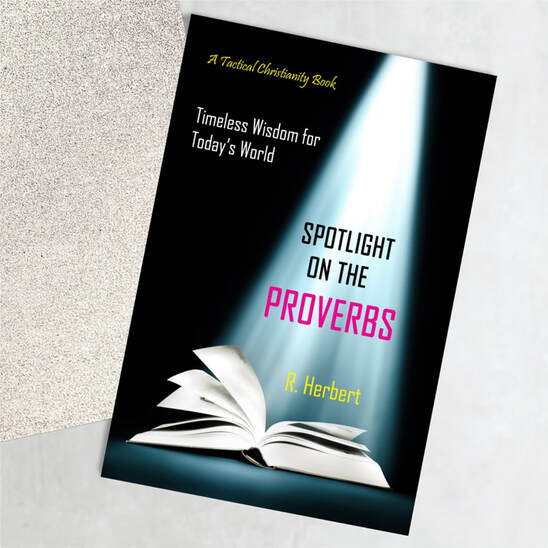Considering the role this woman played at such a crucial point in Israel’s history, it is amazing that we know so little about her. The Bible simply tells us that Huldah was a prophet who lived in the “New Quarter” or “Second Quarter” in Jerusalem and was the wife of Shallum, who was the keeper of the royal wardrobe under Josiah (2 Kings 22:14).
But Huldah’s reputation as a leading prophet can be seen in what happened when an ancient copy of a book of the Law (probably the book of Deuteronomy or the whole Pentateuch) was found in the temple during Josiah’s reign. This biblical book led Josiah to realize that his people had forgotten the law of God and broken the covenant they had made with him. The king then sent to Huldah to ask God’s guidance.
Josiah had other options. He could have asked one of the great male prophets, Jeremiah, Zephaniah, Nahum, or Habakkuk – all of whom prophesied during the king’s reign. But the biblical account shows that Josiah specifically commanded his officials to approach Huldah rather than any of the other prophets. Clearly, her influence was great enough to warrant the king seeking her opinion as opposed to that of the other servants of God.
Second Chronicles 34:23 shows that Huldah began her response by saying, “This is what the Lord, the God of Israel, says: Tell the man who sent you to me …”. There was no polite formality, just a command to “Tell the man ...” rather than “Tell the king …”. Huldah then proceeded to prophesy national ruin (a prophecy that was fulfilled some 35 years later) because of Israel’s turning from the law of God. There was no leniency in the message she gave, except in saying that Josiah himself would be spared because of his righteous attitude. This direct and unapologetic portrayal of the truth doubtless influenced the events that the Bible tells us then occurred. Josiah assembled the people of Jerusalem and then: “He read in their hearing all the words of the Book of the Covenant … and renewed the covenant in the presence of the Lord–to follow the Lord and keep his commands …” (2 Chronicles 34:30-31).
This was no small reform – it figures prominently in the history of ancient Israel – but Huldah’s influence upon the king and his reform cannot be minimized: she ranks among the greatest biblical figures who led by influence rather than by position.
According to Jewish tradition, Huldah, along with Deborah, was regarded as one of the principal female prophets of the Hebrew Bible. The Huldah Gates in the southern wall of the temple enclosure are often said to have been named for her, and there is another tradition that Huldah was not only a prophet, but also taught publicly in the Jerusalem school or “college” (Targum to 2 Kings 22:14); but we have no way to verify these traditions.
What we can know for sure is that Huldah’s influence clearly helped propel Josiah into action in accomplishing a huge national reform. Her leadership through influence is clear to see, and we can learn an important lesson from it.
Huldah’s reply to Josiah is a perfect illustration not only of the power of influence, but also of the leadership principle that bases responses to situations on the attitude and intent of those involved. Huldah made no blanket message of condemnation or of acceptance. She spoke kindly to Josiah because his attitude was right before God, but she unequivocally spoke out against the actions of the majority of people in Jerusalem and Judah who had turned from God. For those who lead in family and work situations, it is often much easier simply to hand out universal criticism or credit, to react overly harshly in some cases or without the firmness needed in others. Huldah’s reply to Josiah shows the kind of balance for which we should aim.
Above all, Huldah’s story reminds us of a vital leadership lesson: that influence can be just as important as position, and that the greatest changes are sometimes brought about by the combination of the two factors. Even when we have no power to lead, we can often lead through influence.
* Extracted from our new free e-book, Lessons From Old Testament Leaders. You can download a copy without registration, email, or charge, here.



 RSS Feed
RSS Feed
